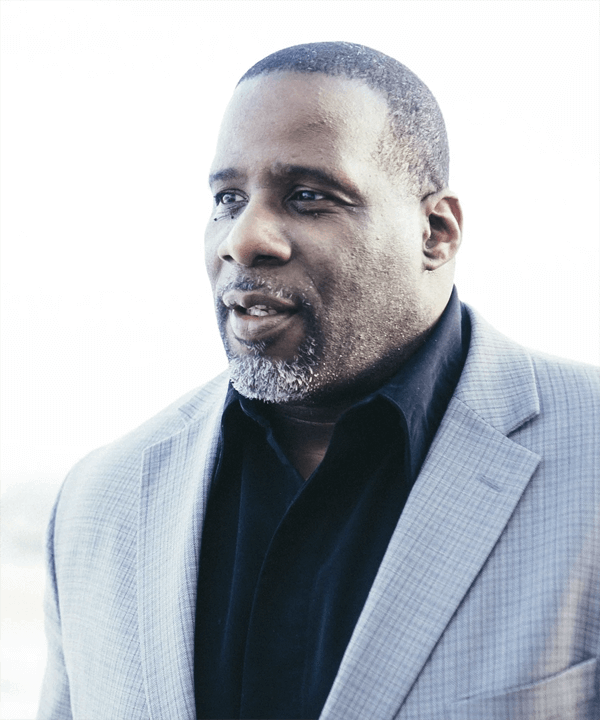Otterbein University will celebrate the legacy of Dr. Martin Luther King Jr. on Jan. 17, 2024 at 3 p.m., with its annual convocation — featuring a keynote address by Shawn Harper. Join us in the Roush Hall Fisher Gallery after the lecture for a reception, followed by Pack the Mac Community Service Event in the Campus Center.
The day’s schedule is as follows:
- 3 p.m.: MLK Convocation featuring Shawn Harper, Fritsche Theatre at Cowan Hall, 30 S. Grove St.
- 4:15 p.m.: Reception with Shawn Harper, Roush Hall Fisher Gallery, 27 S. Grove St.
- 5-7 p.m.: Pack-the-Mac and More Service Event, Campus Center, 100 W. Home St. Volunteers can sign up for 30-minute sessions. Contact Micia Clemmons at mclemmons@otterbein.edu.
The theme of this year’s event is “It Starts with Me” — a theme that is shared with The King Center in Atlanta and with cities across our nation.
“We believe that this theme fits nicely with our aim to help our students envision how they might commit to community service, activism, and giving to the betterment of others,” said Frank Dobson, director of Otterbein’s Office for Social Justice and Activism.
2024 Dr. Martin Luther King Jr. Convocation Keynote Speaker: Shawn Harper
Shawn Harper is a former NFL offensive lineman who played a total of seven seasons with the Rams, the Oilers, the Colts, and NFL Europe. Since 2004 he has owned and operated American Services and Protection, a growing multi-million-dollar security services firm headquartered in Columbus, Ohio. He uses many of the powerful lessons he learned in the NFL and strategically applies them in running his company.
As a gifted national motivational speaker and author, Shawn Harper has inspired countless individuals and corporations such as Dow Chemical, Northwest Mutual, Beach Body, and Goodwill Industries to “PLAY TO WIN” by harnessing the vision, mindset, strategies, and teamwork needed to rise to their highest potential. His book, “The Winning Edge” outlines his personal story of overcoming many obstacles to realize his purpose and manifest his dreams.
Indeed, Shawn’s powerful message is that “you have been called for a particular plan and a particular purpose. You have a calling for a particular season and a particular reason. Embrace who you are; you’re a unique individual. The quest for you is to hook up with your God-given assignment, and live it to its fullest. There you’ll find success and happiness.”
Shawn’s passion to help others is a reflection of the legacy of Dr. Martin Luther King, Jr. Through his inspiring story, Shawn motivates audiences to find their own particular purpose as they fulfill their personal calling to serve others. “It Starts with Me” is our theme for this year’s MLK Celebration, and it is a theme which resonates with the life of Shawn Harper, a leader and motivational speaker whose message is one of perseverance, uplift, and service.
 Shawn Harper
Shawn Harper